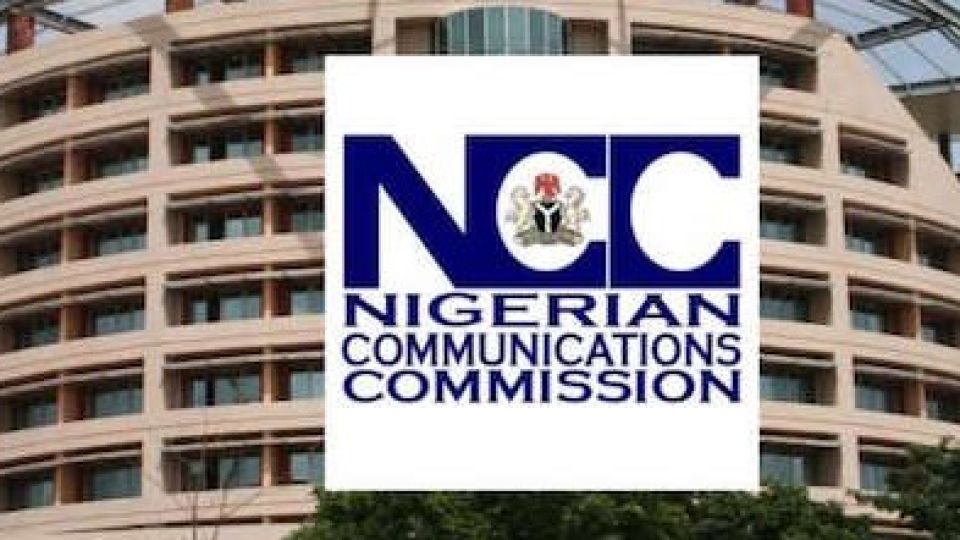from OKORO CHINEDU in Lagos, Nigeria
Nigeria Bureau
LAGOS, (CAJ News) – NIGERIAN industry operators need up to US$5 billion to achieve the target of 70 percent broadband penetration by 2025.
FBN Quest, the market watcher, based these figures on the plan by the National Broadband Plan.
Operators must invest at least $3,5 billion to achieve the target, according to the former.
One of the challenges the Nigerian Communication Commissions (NCC) faces in meeting the broadband target is the ongoing challenges with foreign currency liquidity.
This setback has resulted in delays in the import of foreign equipment required for the deployment of broadband infrastructure.
Meanwhile, data drawn from the NCC shows a modest increase in broadband internet subscriptions in October 2022.
Connections have increased moderately since October 2021.
This excludes a slight decline in February 2022.
Mobile internet connection accounts for over 99 percent of Nigeria’s broadband connections primarily because of the ease and low cost of acquiring mobile lines.
“Consequently, the growth in broadband connections broadly mirrors the increase in mobile internet subscriptions,” FBN Quest stated.
According to the data released by the NCC, total broadband connections increased by 1 percent month-on-month and 14 percent year-on-year to approximately 87 million in October 2022.
Broadband penetrations increased slightly to 45,6 percent.
This is up from 45,1 percent the preceding month, which is the highest penetration rate since the beginning of that year.
Based on the National Broadband Plan 2020-2025 launched in March 2020, the government projects an ambitious broadband penetration target of 70 percent by 2025.
Broadband penetration reached a peak of 45,5 percent in October 2022, up from 39,9 percent in March 2020.
This is a result of significant investments made in the development of broadband infrastructure across the country.
The government recently awarded broadband infrastructure projects for micro, small and medium enterprises as well as tertiary institutions that would further accelerate the deployment of broadband infrastructure across the country.
According to the International Telecommunications Union (ITU) a 10 percent rise in broadband penetration is anticipated to result in gross domestic product (GDP) growth of 2 percent and 1,8 percent for low- and middle-income nations, respectively.
– CAJ News

